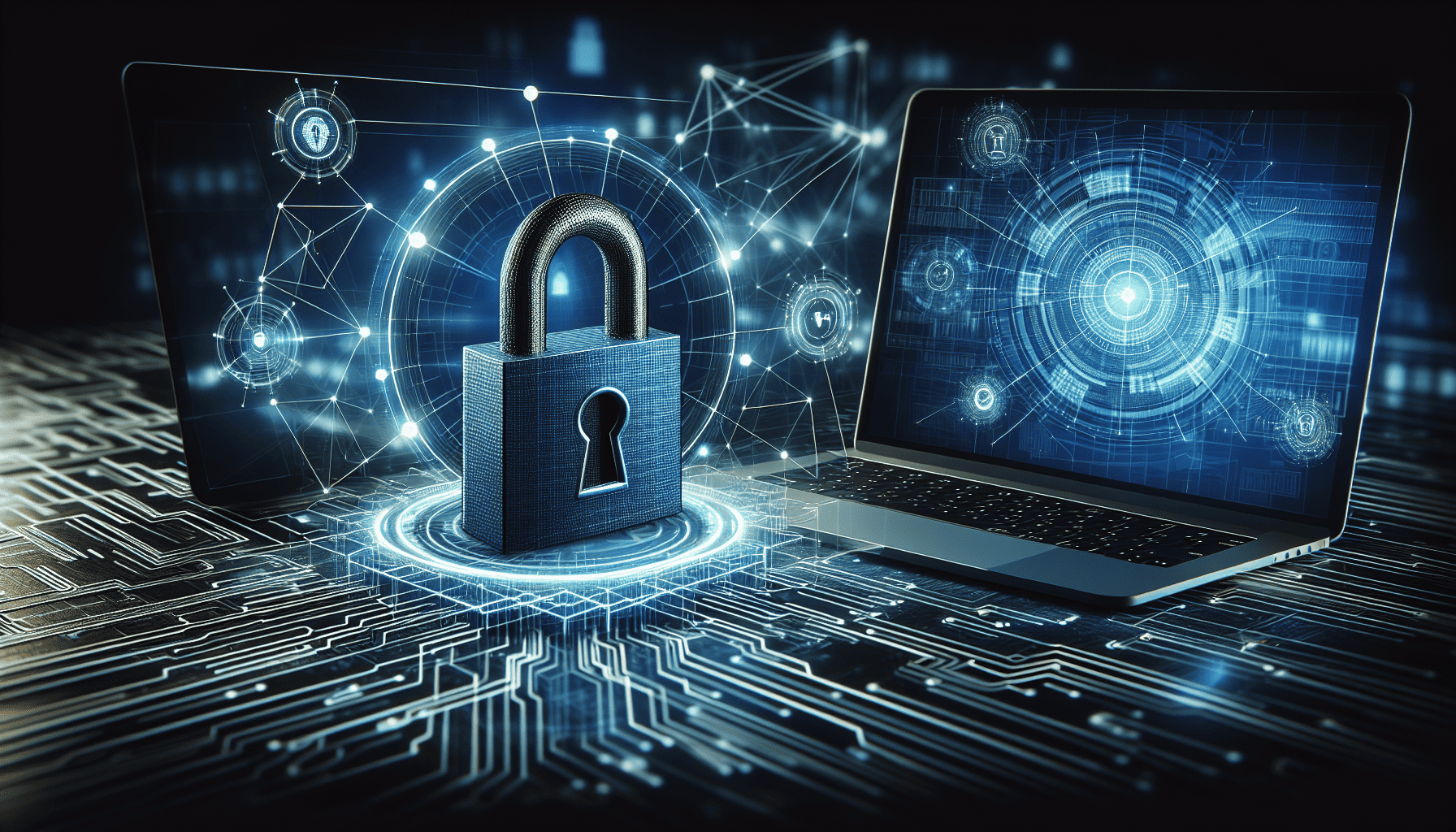In today’s interconnected world, where digital connectivity drives innovation and growth, cybersecurity has emerged as a critical frontier that requires robust protection mechanisms. As businesses, governments, and individuals increasingly rely on digital platforms to store and exchange sensitive information, the threat landscape has broadened, making cybersecurity a top priority.
The importance of cybersecurity cannot be overstated. A breach in security can lead to significant financial losses, reputational damage, and legal repercussions. Cybercriminals exploit vulnerabilities in systems, seeking to access valuable data, disrupt operations, or manipulate information for personal or political gain. As such, robust cybersecurity measures are essential to safeguard not only individual organizations but also the integrity of our digital ecosystem as a whole.
At the core of effective cybersecurity is a multilayered defense strategy. This approach minimizes risk by creating multiple hurdles that an attacker must overcome to gain access, thereby increasing the likelihood of detecting and neutralizing threats early. Key elements of a robust cybersecurity framework include:
-
Encryption: Transforming data into a secure format is critical to ensure that information remains confidential and protected, even if intercepted during transmission. Advanced encryption standards are increasingly vital as data moves across networks and devices of varying security levels.
-
Authentication and Access Controls: Utilizing strong, multifactor authentication (MFA) adds layers of security by requiring multiple forms of verification before granting access. Role-based access controls further restrict data visibility and interaction based on user necessity, reducing the risk of unauthorized access.
-
Network Security: Protecting the infrastructure through firewalls, intrusion detection systems, and regular security audits ensures that networks are less vulnerable to attacks. Segregating networks and using virtual private networks (VPNs) can also help in securing communication channels.
-
Endpoint Security: With the proliferation of devices in the workplace, securing endpoints such as laptops, smartphones, and tablets is imperative. Antivirus software, device encryption, and patch management are key tools in defending against malware and threats that target these access points.
-
Monitoring and Incident Response: Continuous monitoring of systems helps in the early detection of anomalies that may indicate a potential breach. Having a robust incident response plan enables organizations to address and recover from security incidents swiftly, minimizing damage and downtime.
-
User Education and Awareness: Cybersecurity is as much about technology as it is about people. Regular training on recognizing phishing attacks, creating strong passwords, and understanding data protection responsibilities is crucial to maintaining vigilance among users.
-
Regulatory Compliance: Adhering to national and international cybersecurity standards and regulations is crucial for maintaining best practices and ensuring data protection. Compliance with frameworks such as the General Data Protection Regulation (GDPR) or the Cybersecurity Maturity Model Certification (CMMC) not only helps in securing systems but also in establishing consumer trust.
The future of cybersecurity is evolving rapidly with advancements in artificial intelligence, quantum computing, and blockchain technologies offering new avenues for enhancing security measures. AI, for instance, can be leveraged for predictive threat modeling, enabling proactive prevention strategies. Meanwhile, blockchain technology, with its decentralized and cryptographic nature, presents opportunities for secure transaction processing and identity verification.
In conclusion, as we continue to explore the digital frontier, the need for comprehensive cybersecurity measures becomes even more paramount. Both proactive and reactive strategies are essential to protect the infrastructure and the data that flows within it. Strengthening our digital defenses not only secures our networks but also bolsters confidence in the digital innovations driving our future. Ultimately, a unified commitment towards enhanced cybersecurity will ensure the safe and secure growth of our interconnected world.
